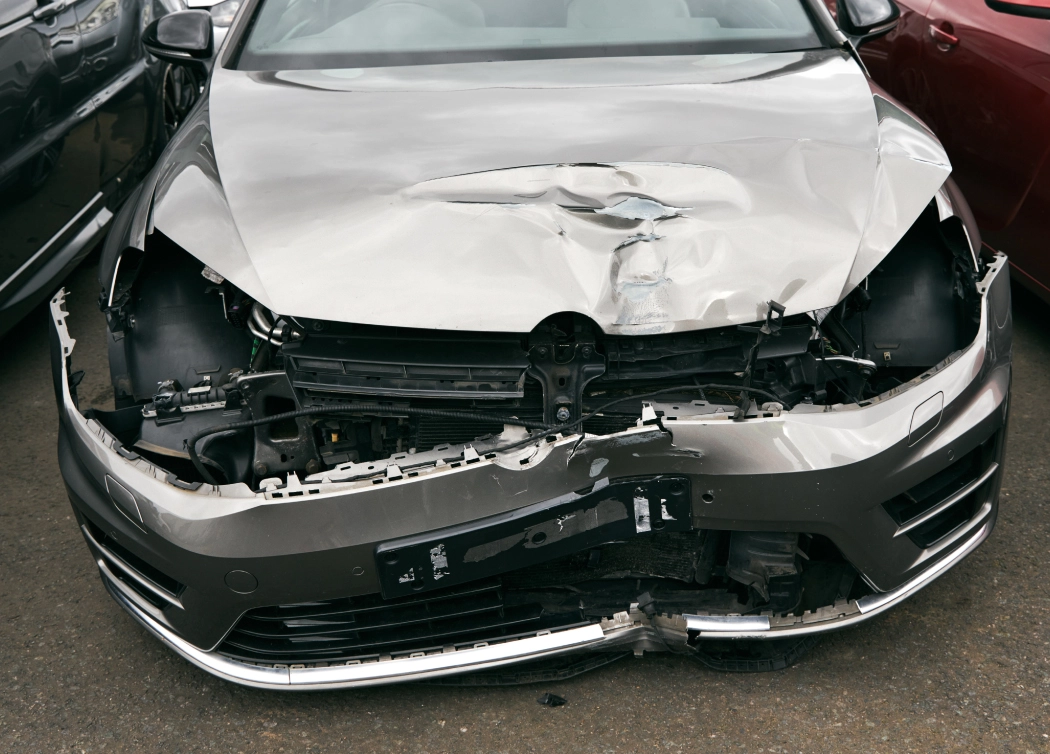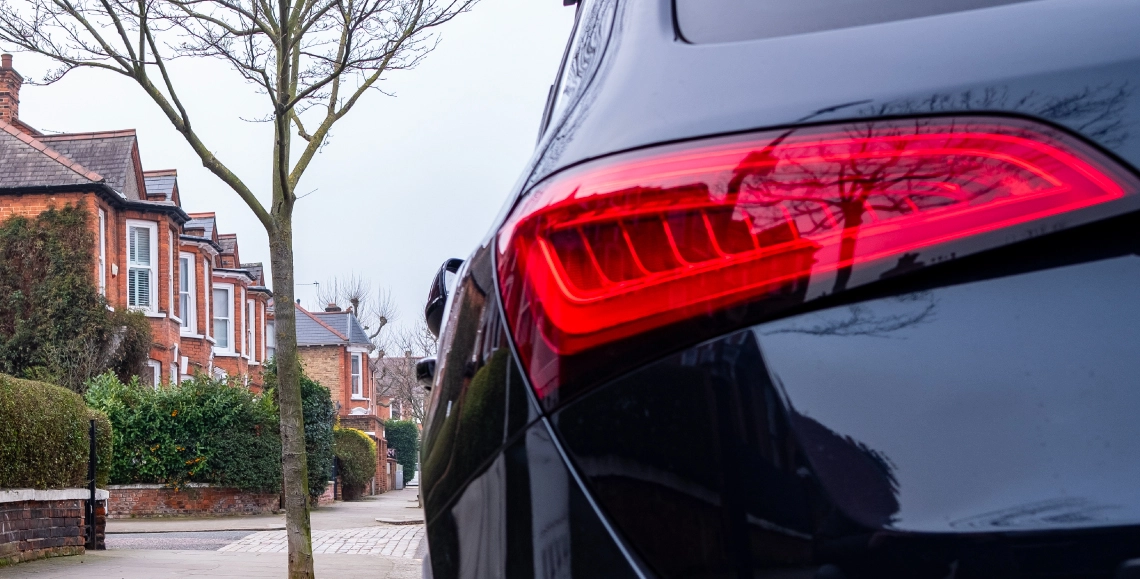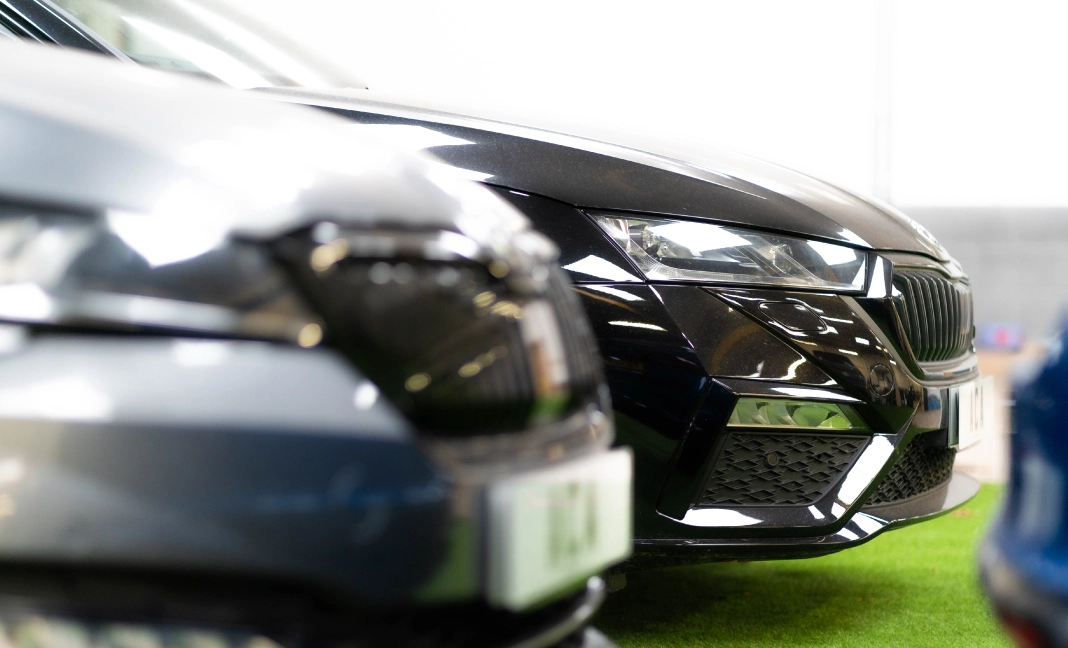How to prove a car accident wasn’t your fault
A car accident is everyone’s worst nightmare. Given that the accident wasn’t your fault, it feels even more frustrating. But realising that your vehicle is potentially a write-off makes this situation devastating.
You’re annoyed, exhausted and now trying to decide how best to navigate this situation, so that you aren’t left worse off. Here, we’ll guide you on how to reclaim control by initiating a non-fault claim, providing peace of mind during this stressful time.

This page provides a detailed step-by-step journey through various scenarios that happen after your car has been written off and it wasn’t your fault.
Easily navigate through this page to the information that’s relevant for you and your current situation, below. Then, follow the steps onwards for the most beneficial non fault claim process.
Who we are
Auto Claims Assist are committed to helping drivers when their car has been written off and it was not their fault.
We are an independent, trusted, award-winning Accident Management Company, specialising in non fault claims management.
All of our services are at no cost to non-fault drivers.
We manage your entire claim and provide you with a comparable vehicle replacement, until your vehicle is repaired by one of our BSI Kitemark accredited repair centres, and back on the road.
Call our new claims team on 0330 128 1407 or Start your claim now >
I’m at the roadside after the accident
You’ve just had the accident and it wasn’t your fault. Your car appears to be a write-off and you’re stuck roadside. You need accident recovery but you aren’t sure what to do.
Let us help you get recovered >I’ve not yet contacted my own insurer
It’s after the accident and you’re searching online for things like “car written off not my fault”. You’re trying to understand your next best steps, but haven’t contacted your own insurer. You’re in the right place. Your next steps are crucial.
Navigate to this section >Start a claim with Auto Claims Assist
Auto Claims Assist are your best option after a non-fault accident. We help thousands of drivers every year. Don’t opt for second best, start your claim with us.
Navigate to this section >I’ve already contacted my own insurer
Many people reach out to us at this point, as they quickly realise that contacting their own insurance is not the most beneficial option for them. Understand what to do next.
Navigate to this section >My claim has started with my insurer
You may have already started a claim with your own insurer, and now realise that this wasn’t the best idea. You want a better solution. We can provide clarity.
Navigate to this section >As a non-fault driver, not contacting your insurance at this point is beneficial to you.
A lot of driver’s have the misconception that phoning your own insurance company, after a non-fault accident, is the standard thing to do.
However, it is not. By contacting your own insurance company, you essentially initiate a claim against your own policy, rather than that of the driver’s who was at fault.
At Auto Claims Assist, we provide roadside recovery at no cost to non-fault drivers. Learn about roadside recovery after an accident that wasn’t your fault, safety at the roadside and evidence to collect for a successful non-fault claim with us.
Reconvening after the accident, to process what has happened and how to move forward, is a sensible option. Like many people, you may be searching online for information to decide on your best option. Discover the process from here, learn all about written off vehicles and feel confident in initiating your non fault claim successfully.


After an accident, calling your own insurance is typically a knee-jerk reaction that lot’s of drivers do. If you’ve contacted your own insurance, you can still use an accident management company at this point, providing that your claim isn’t in progress. You’ve likely searched Car written off not my fault with the intention of understanding your situation. We can provide the clarity that you need.
Before initiating a claim with your insurer, ensure you have a full understanding of the options that are available to you. You should choose the route that is most beneficial to you. Plan your next steps with a full understanding.
If you have already started your claim, you may still have other options at the stage, depending on where you’re up to in the claim. If your vehicle has been taken by your insurer and you’re already in a courtesy car, use this section to answer any questions you might now have.
Speak to a Non-Fault Claim Specialist
We manage everything on your behalf, ensuring that the claims process is as smooth and stress-free as possible.
Back to the top

Auto Claims Assist
First contact after a car accident
Start my claim online Call us on 0330 128 1407How to prove a car accident wasn’t your fault
Do I have to pay excess if the accident wasn't my fault
Do I lose my no claims if the accident wasn't my fault
Will A Non Fault Accident Affect My Insurance
Accident Management VS Your Insurance Company
Complete Guide of What To Do In A Car Accident
Choosing Auto Claims Assist,
Your Trusted Claims Management Company
“Everything so straight forward. I didn't really have to do anything as it was all taken care of. Hire car was also arranged very quickly. Happy with service received and would recommend to anyone who needs help.”


15+
Years of expertise
1,000+
36,000+
Successful cases
Our team are ready to discuss the details of your accident and start your non-fault claim.
To getting started with Auto Claims Assist, simply call to us on 0330 128 1407 or start your claim online here.
Don’t just take our word for it. Our customers rate us ‘EXCELLENT’ on Trustpilot. See what they have to say about their experiences with Auto Claims Assist after a non-fault accident:


Our team of non-fault claim specialists are ready to answer any questions you have. Provide your details here to request a callback. One of our advisors will call you back as soon as possible. Alternatively, call us on 0330 128 1407 to speak to someone now.
Get your claim started by requesting a callback with our new claim team.
Fill in the below form and one of our advisors will call you back as soon as possible. Alternatively, call us on 0330 128 1407 to speak to us during working hours.